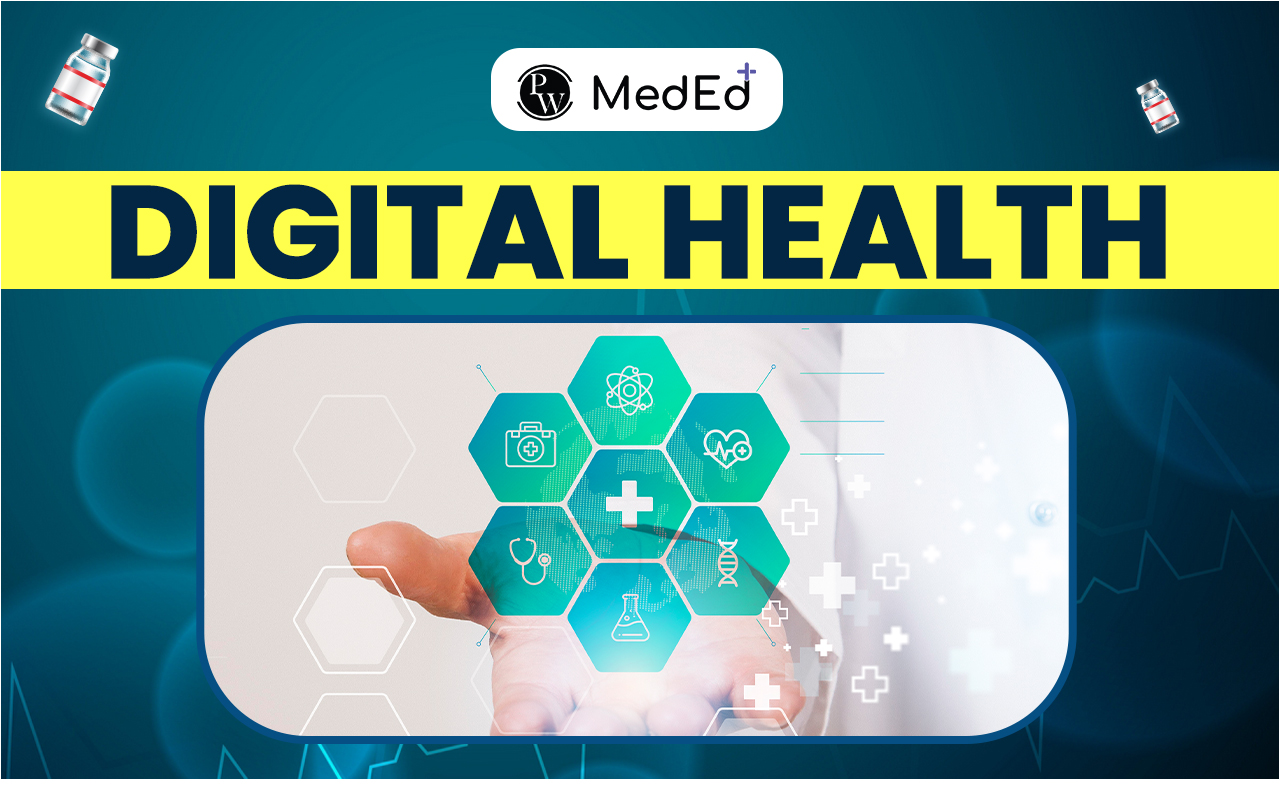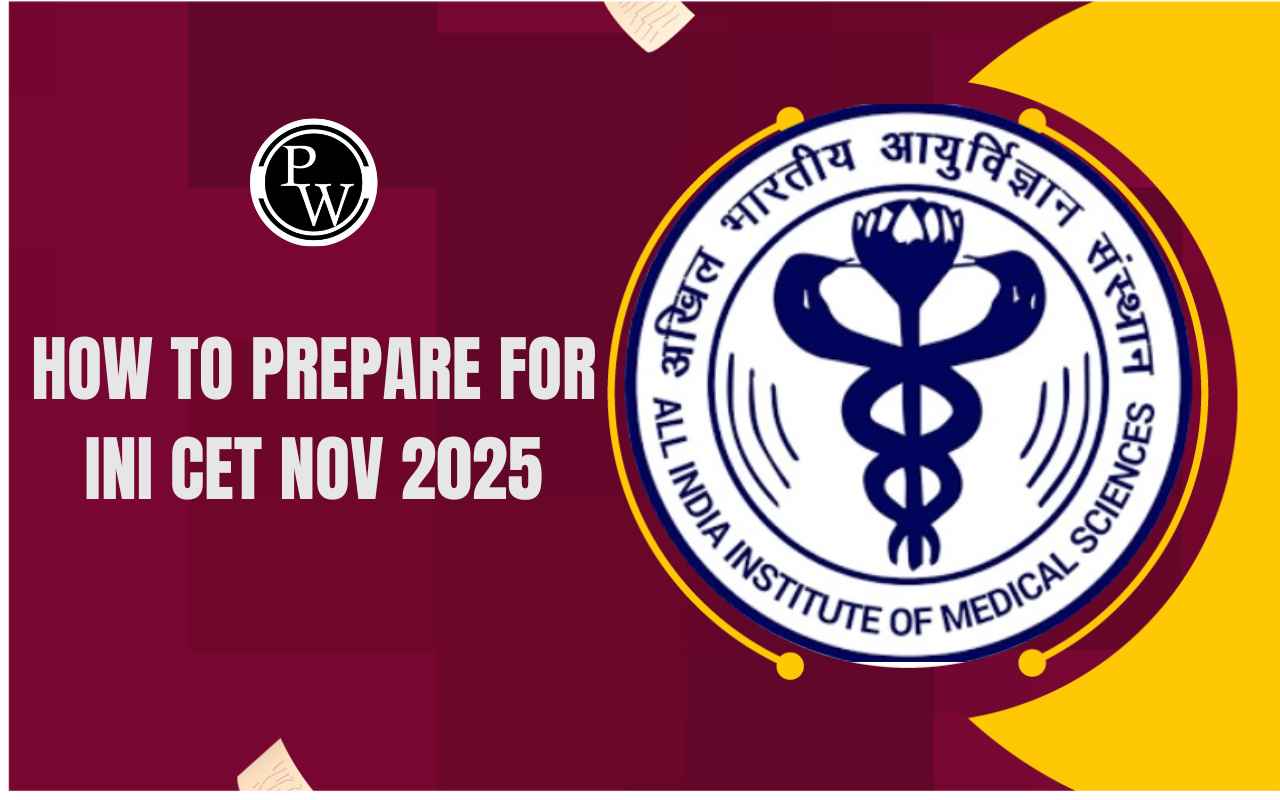

Digital health applies information and communication technologies through digital tools and techniques in the healthcare sector. Personalized communication and feedback, mobile app-based health care services, and network-based illness diagnosis are examples of how digital health leverages digital resources and platforms to enhance health care results. Stakeholders in the digital health space include patients, medical professionals, researchers, application developers, manufacturers of digital devices, and distributors,
What is Digital Health?
The application of digital technologies to health care is known as digital health. Health information technology, health informatics, wearable medical devices, software as a medical device (SaMD), personalized medicine, mobile health (mHealth), telemedicine, and telehealth are crucial components of digital health technologies. A modern digital health system is expected to improve healthcare strategies by allowing patients to track their health and providing doctors with fast access to medical data for informed and prompt decisions.Benefits of Digital Health
The digital platforms and tools provide medical professionals and patients with a comprehensive understanding of their health status and empower them to make appropriate decisions. One of the significant benefits of digital health is that it improves communication and response, ensuring effective medical outcomes. These technologies offer new choices for facilitating prevention, early identification of critical diseases, and management of chronic ailments. The major benefits of digital health are discussed as follows:Improved Access to Responsive Healthcare
Digital health systems have the capability to facilitate patient's access to healthcare services, leading to improved diagnosis and better treatment outcomes for their medical conditions. By giving access to relevant data, digital platforms allow patients to focus more on self-care, reducing the pressure on medical staff and facilities such as hospitals and clinics.Prevention Before Treatment
Digital health technologies help patients manage their health conditions by tracking their symptoms. Digital tools aid in identifying symptoms that indicate the beginning and progression of the disease before it causes any major harm. Patients might avert serious problems and deterioration using digital platforms for health monitoring and timely physician consultation.Improve the Quality of Treatment and Care
Digital platforms give physicians immediate and convenient access to patient data with better precision and clarity. It will ensure better efficacy in medical procedures and improved treatment outcomes. Digital techniques offer useful alternatives for supporting chronic disease management involving prevention, diagnosis, and remedies beyond conventional healthcare facilities.Reduce Inefficiencies
Digital tools enable healthcare providers to review updated patient health progress data, which aids in taking proper and quick actions. Rapid response time will reduce any inefficiencies in the process that affect patient care and treatment. The goal of the most advanced digital health system is to reduce the dependency on paperwork as well as the administrative burden on medical professionals.More Personalized Healthcare
Patients and healthcare professionals can communicate more easily using tools such as smartphones, social networks, and internet applications that can assist in customizing patient treatment regimens. It can help build trust and openness in patient-physician interactions and enhance therapy by providing immediate, simple, and shared access to information about their health states. This especially benefits home-care patients who find traveling and accessing medical facilities in remote areas difficult or expensive.Reduce Costs
One of the primary advantages of innovative digital health systems is reduced treatment costs and simpler availability and access. These techniques assist physicians in developing effective patient-monitoring plans at lower costs. By enabling patients to monitor, analyze, and report on their health data, digital applications have decreased the overall cost of therapy.Types of Services and Products in Digital Health
The digital health system comprises different gadgets, services, and software. The primary components include the following:- Remote sensing tools: Technology helps in environmental monitoring and disease outbreak tracking by using data to achieve healthcare objectives.
- Wearables for tracking health parameters : Products such as fitness trackers and smartwatches monitor vital signs, activity levels, and other health measurements while giving consumers immediate feedback.
- Telemedicine and health information : Digital platforms facilitate access to virtual consultations and medical information, improving healthcare accessibility beyond geographic barriers.
- Predictive data analysis with intelligence support : AI-powered algorithms examine medical data to identify patterns, assisting in proactive medical management.
- Social media for medicine : Internet forums, patient support groups, and the public and professional exchange of medical knowledge are all made possible by these platforms.
- Digital health record platforms : digital databases hold patient data that facilitates effective record-keeping, data exchange, and physician consultations.
- Portals for patients and physicians : Web-based interfaces make it easier to schedule appointments, share reports, and conduct remote consultations, which improves patient and doctor involvement.
- Self-diagnosis, compliance, and interventions : With the use of apps, people can better manage their health by self-evaluating symptoms, monitoring deviations, and following required treatment procedures.
- Systems for decision support : Integrated software offers evidence-based suggestions, treatment guidelines, and patient-specific insights to help medical professionals make clinical decisions.
Issues Related to Digital Health
The digital revolution in healthcare has raised several concerns that impact patients, physicians, technology developers, legislators, and other stakeholders.- There are issues about handling a huge amount of medical data and taking ownership.
- Unequal healthcare access may exist depending on patients’ knowledge, interest, and capacity to handle digital health facilities.
- There are concerns regarding the security and privacy of the critical information being shared, stored, and analyzed on a regular basis.
- Over-reliance on digital techniques may prevent patients from getting through clinical analysis and diagnosis by experienced physicians.
- Several stakeholders are involved in the digital health system, and each one looks at the products and services from their own perspective, contributing to uncertainty.
- Several digital platforms providing different treatment options may misguide patients who frequently make medical decisions without consulting a doctor, which could be dangerous.
Digital Health: The Future Scenario
With technological breakthroughs like telemedicine, artificial intelligence, and electronic health records, the future of digital healthcare looks bright. These advancements could improve patient outcomes, increase productivity, and lower expenses.- Personalized treatments, which use data and analytics to customize therapies for specific patients, will gain more momentum in the coming years.
- Digital healthcare will facilitate easy access to facilities, particularly in underserved and rural areas.
- Regularized control is expected to address obstacles like protecting patient privacy and security, streamlining telemedicine service and payment, and ensuring patients can easily access and use digital tools.
Digital Health FAQs
How do wearable devices help with health monitoring?
Wearable devices such as smartwatches can update users about their heart rate, step count, or other health parameters to help them take the necessary actions to improve their health.
What is software as a medical device?
Software as a medical device (SaMD) works independently for medical purposes without being part of a hardware medical device.
How do digital devices help patients with self-care and maintain optimal health conditions?
Digital devices allow patients to conveniently monitor their sugar level, heart rate, or blood pressure regularly and take remedial actions accordingly to maintain optimal health conditions.
What are the technologies used in Mobile Health?
Mobile Health (mHealth) uses mobile phone apps to educate customers about protecting and preventing diseases and healthcare services.
Talk to a counsellorHave doubts? Our support team will be happy to assist you!

Check out these Related Articles
Free Learning Resources
PW Books
Notes (Class 10-12)
PW Study Materials
Notes (Class 6-9)
Ncert Solutions
Govt Exams
Class 6th to 12th Online Courses
Govt Job Exams Courses
UPSC Coaching
Defence Exam Coaching
Gate Exam Coaching
Other Exams
Know about Physics Wallah
Physics Wallah is an Indian edtech platform that provides accessible & comprehensive learning experiences to students from Class 6th to postgraduate level. We also provide extensive NCERT solutions, sample paper, NEET, JEE Mains, BITSAT previous year papers & more such resources to students. Physics Wallah also caters to over 3.5 million registered students and over 78 lakh+ Youtube subscribers with 4.8 rating on its app.
We Stand Out because
We provide students with intensive courses with India’s qualified & experienced faculties & mentors. PW strives to make the learning experience comprehensive and accessible for students of all sections of society. We believe in empowering every single student who couldn't dream of a good career in engineering and medical field earlier.
Our Key Focus Areas
Physics Wallah's main focus is to make the learning experience as economical as possible for all students. With our affordable courses like Lakshya, Udaan and Arjuna and many others, we have been able to provide a platform for lakhs of aspirants. From providing Chemistry, Maths, Physics formula to giving e-books of eminent authors like RD Sharma, RS Aggarwal and Lakhmir Singh, PW focuses on every single student's need for preparation.
What Makes Us Different
Physics Wallah strives to develop a comprehensive pedagogical structure for students, where they get a state-of-the-art learning experience with study material and resources. Apart from catering students preparing for JEE Mains and NEET, PW also provides study material for each state board like Uttar Pradesh, Bihar, and others
Copyright © 2025 Physicswallah Limited All rights reserved.









